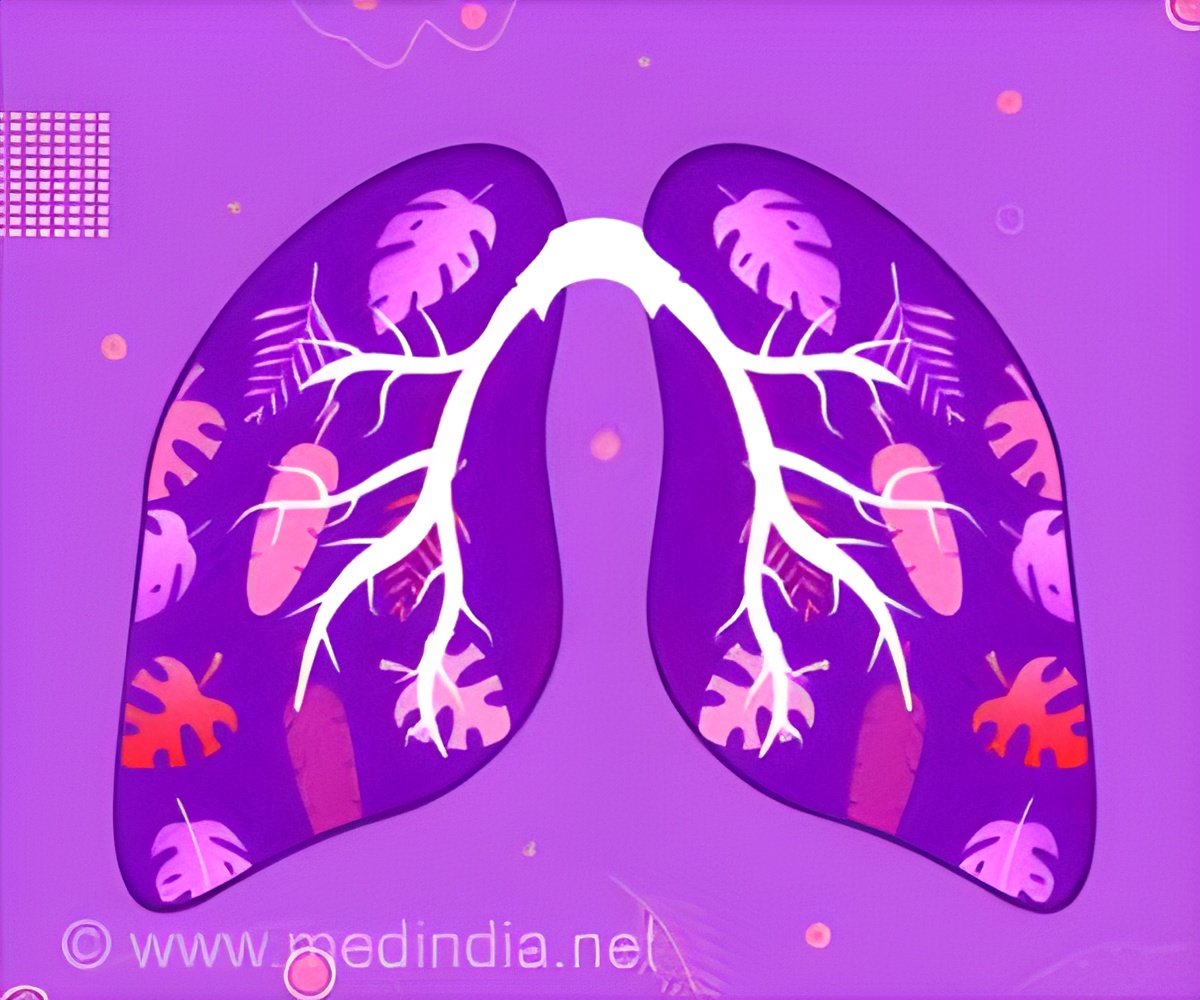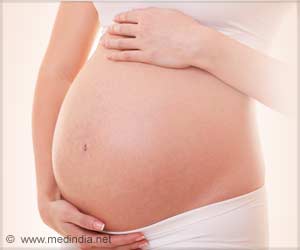Exposure to PM2.5 can modify histones, disrupting inflammation control and increasing pregnancy risks.

Pregnant women exposed to fine particulate air pollution (PM2.5) have changed immunological responses that can result in unfavorable birth outcomes.
The study highlights the health risks of PM2.5 exposure for expectant mothers and is the first to conduct a single-cell analysis of the link between PM2.5 and maternal and fetal health (1✔ ✔Trusted Source
Impact of air pollution exposure on cytokines and histone modification profiles at single-cell levels during pregnancy
).
Understanding the biological mechanisms by which PM2.5 exposure impacts pregnancy, maternal health, and fetal development has advanced significantly as a result of this work.
Its innovative methodology is a significant advancement in examining immunological responses to environmental exposures, said corresponding author Kari Nadeau, John Rock Professor of Climate and Population Studies and Chair of the Department of Environmental Health.
Previous research has found associations between exposure to PM2.5 and maternal and child health complications including preeclampsia, low birth weight, and developmental delays in early childhood.
To understand these associations on a cellular level, the researchers used air quality data collected by the Environmental Protection Agency to calculate study participants’ average PM2.5 exposure.
Participants were both non-pregnant women and 20-week pregnant women. The researchers then used an innovative technology to understand how pollution modified the DNA of participants’ cells.
Advertisement
Within each cell, they were able to map changes to histones, the proteins that help control the release of cytokines—proteins that help control inflammation in the body and that can affect pregnancy.
The study found that PM2.5 exposure can influence the histone profiles of pregnant women, disrupting the normal balance of cytokine genes and leading to increased inflammation in both women and fetuses. In pregnant women, this increase in inflammation can correspond with adverse pregnancy outcomes.
Advertisement
“Our findings highlight the importance of minimizing air pollution exposure in pregnant women to protect maternal and fetal health,” said co-author Youn Soo Jung, research associate in the Department of Environmental Health.
“Policy interventions to improve air quality, as well as clinical guidelines to help pregnant women reduce their exposure to pollution, could directly impact reducing pregnancy complications.”
Reference:
- Impact of air pollution exposure on cytokines and histone modification profiles at single-cell levels during pregnancy – (https:www.science.org/doi/10.1126/sciadv.adp5227)
Source-Eurekalert



